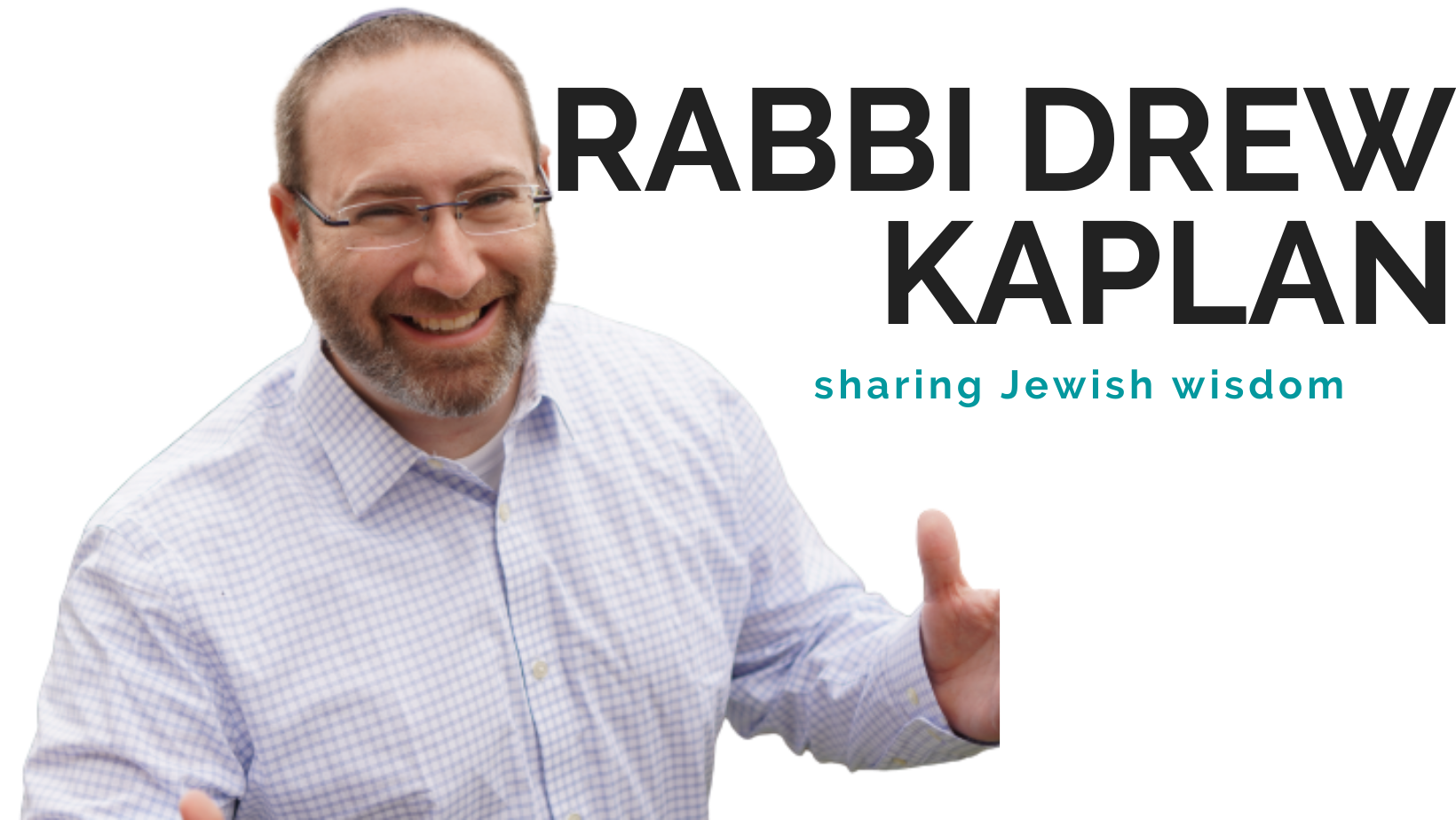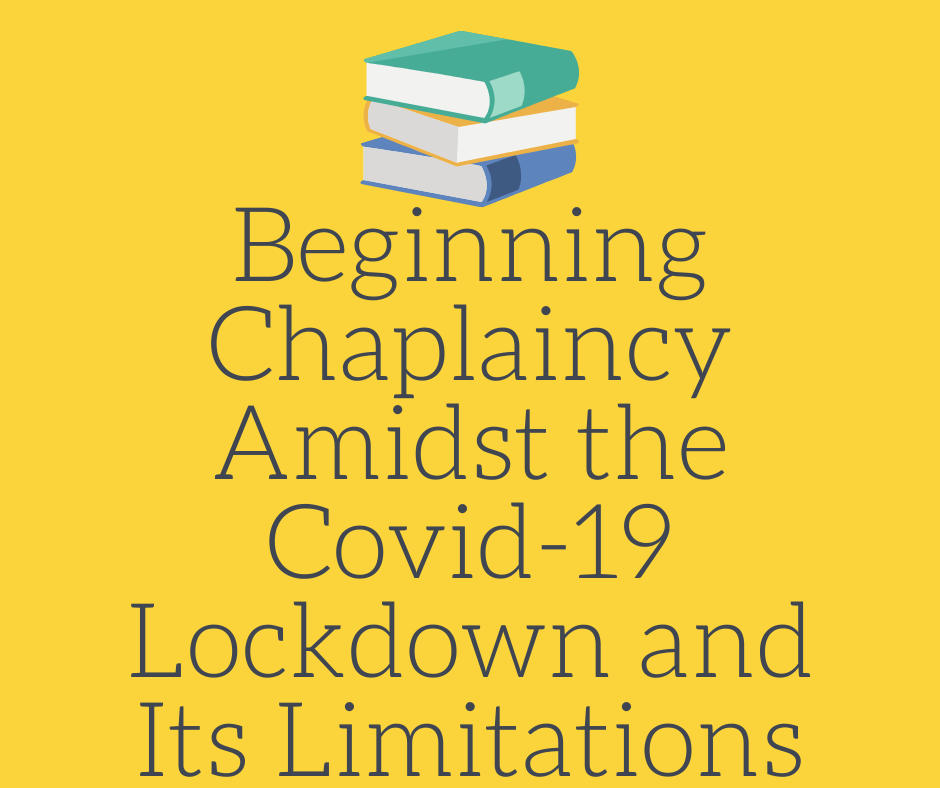Having begun my chaplaincy position at a senior living facility two months ago as of yesterday, it is no small thing to have done so in the midst of the COVID-19 lockdown.
Senior Living Facilities as Vulnerable and, Therefore, in Greater Need of Protecting
As the world is currently in a very different place than prior to the outbreak of COVID-19, chaplaincy is, as well. Of course, senior living facilities are particularly vulnerable settings for the virus. For instance, right here in the state of Ohio, 70% of all deaths from the virus have occurred at senior living facilities, so there is a great amount of concern about opening up facilities to both the public and even having the residents mingle amongst themselves.
Pastoral Education
Whenever I have spoken with other chaplains and I mention I have begun in this current position, they often suggest I take CPE units. Now this is all well and good, yet, I don’t know of any place currently offering CPE units for me to get such training. However, I received fantastic pastoral education while in rabbinical school throughout my years there, so I’m not coming in without any pastoral education; moreover, I also had years of experience of developing my pastoral skills working with young adults and college students in southern California.
Beginning a Book
Curious to learn more about chaplaincy and, more specifically, Jewish chaplaincy in a senior living facility, I recently purchased Flourishing in the Later Years: Jewish Pastoral Insights On Senior Residential Care, edited by Rabbi James R. Michaels and Rabbi Cary Kozberg. Having read a few chapters of this book over the weekend, there is a lot of great material in here and, certainly, has stimulated a lot of my thinking concerning my job and the care that I provide in that role.
5 “P”s
In his opening chapter, Rabbi Kozberg lays out 5 “P”s of Jewish chaplaincy: The Priestly Role, The Pastoral Role, The Pedagogic Role, The Prophetic Role, and Presence (“You Shall Be Holy: The Roles of the Jewish Chaplain in Senior Residential Care Settings”, pp. 20-43).
The Priestly Role, as Rabbi Kozberg puts it, is “to help residents ‘celebrate’ and sanctify time. Like their non-Jewish colleagues, they facilitate regular daily or weekly worship, special holiday services and other religious ceremonies for the various Jewish holidays throughout the year (e.g. Passover Seders, Hanukah candle-lighting, etc.). Within this priestly role, they help Jewish residents continue to mark Jewish sacred times, both happy and sad, and, thus, help them to connect both with God and with the larger community of faith through its sacred liturgy” (p. 24).
The Pastoral Role is where “the chaplain focuses specifically on the individual – on his/her particular circumstances, on feelings of despair and abandonment, as well as on the concerns of family members” (p. 31) and the chaplain “works to restore a sense of hope among those who are struggling and hurting, inviting them to partake of Divine compassion and empathy, particularly when they are feeling despair and abandoned by people and by God” (p. 31).
The Pedagogic Role is helping the residents “to maintain their intellectual and spiritual connections to the best of their abilities. He/she works to steer them away from the ever-present possibility of mental stagnation and spiritual alienation by offering ongoing opportunities to continue (or even begin!) to have a meaningful interface with the teachings of Judaism, so that the end of their lives will still have opportunities for increasing wisdom and nurturing spiritual growth” (p. 36).
The Prophetic Role is serving as “the conscience of the care facilities in which they serve. They personify the mission and values statements of the institution. As such, their role in giving input to both the administration and board of directors is crucial” (p. 39).
Presence is simply that, even “the chaplain’s presence alone – and not any role or task he/she performs – that often inspires residents to continue to hold on to hope and purpose by bearing witness to the religious truth that God has not forsaken these places” (p. 42).
Limitations on Roles During the COVID-19 Lockdown
While I am fuzzy as to how much I may or may not employ the Prophetic Role in my current situation, the Pedagogic Role is an interesting one in the current COVID-19 lockdown and one that I yearn to discuss in a future essay, despite the noticeable limitations on gathering for a class or other such discussion.
The Priestly Role, however, is something that – while it is certainly the most public and most noticeable role that people notice of the chaplain – it is not taking place at this time. It is almost totally not-existent during this COVID-19 lockdown. That having been said, there are still opportunities to deploy it, such as creating videos or finding videos to share with the residents on the facility’s internal channel. However, there are limited opportunities for that particular role.
Pastoral Role is Key During the Lockdown
With so much isolation from both friends and family, not to mention the limitation on activities, both the Pastoral Role and Presence are extremely valuable in my work with the residents. Even just being present and providing a fresh face and new energy are good enough. Yet, also being a willing listener and conversating with them, as long as they need, whether an hour or so, has a noticeably positive effect on their mood and disposition.
More Reading
Even just this first chapter was greatly stimulating and I have more to share on the other chapters, so I plan on sharing more from this book, as well as reading it.

